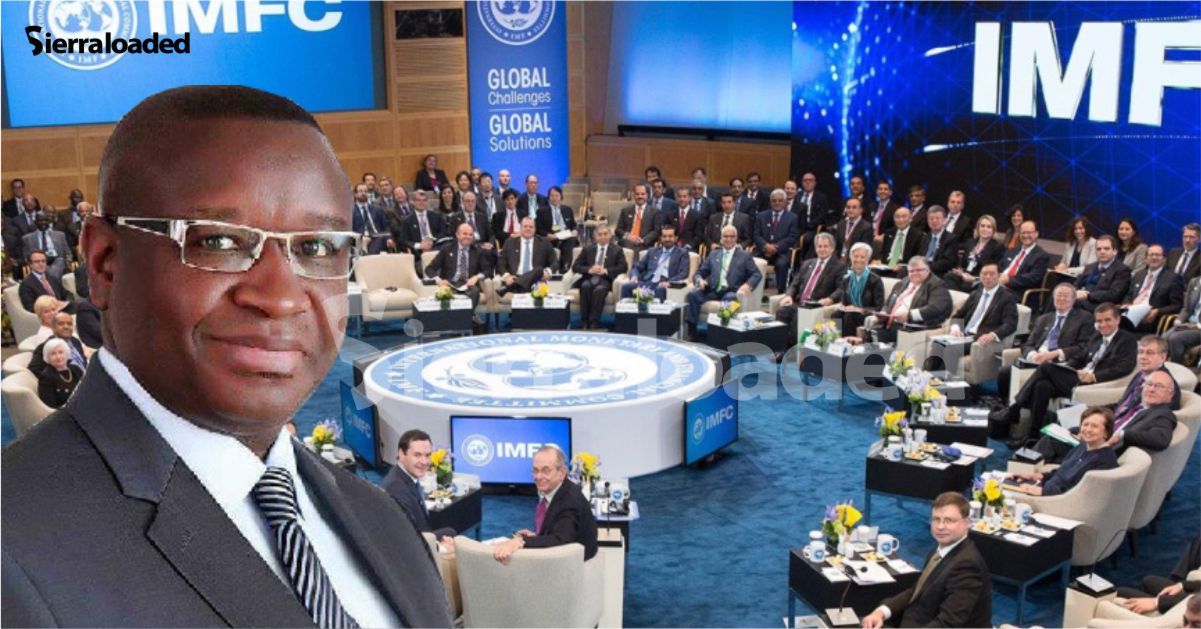An International Monetary Fund (IMF) team, led by Christian Saborowski, has completed its sixth and seventh reviews of Sierra Leone’s financial and economic program supported by the Extended Credit Facility (ECF), approved on November 30, 2018. As a result, Sierra Leone will receive SDR 15.5 million (about US$ 20.8 million) subject to approval by IMF Management and the Executive Board in the coming weeks, bringing the total IMF financial support under the arrangement to SDR 108.8 million (about US$147.0 million).
According to Saborowski, Sierra Leone has faced various external shocks, which coupled with looser-than-warranted macroeconomic policies, have intensified economic challenges. Although growth in 2022 is estimated at 3.6 percent, inflation has continued to rise, the currency has depreciated sharply, and debt-related risks have increased. The high cost of living has also worsened food insecurity.
“Weak program performance over the course of 2022 resulted in the delay of the sixth review. However, program performance has improved considerably since. The authorities have requested an extension of the program to November 2023 to accommodate an eighth, and final, review to continue building on recent reforms and achieve program objectives,” he stated.
He further noted that the IMF team and Sierra Leone authorities agreed on the need to tighten fiscal and monetary policies to restore macro stability and contain increasing risks to debt sustainability.
The IMF team lead stated that fiscal policy will focus on domestic revenue mobilization and expenditure containment, while social spending, including on the school feeding program, will be protected.
“The central bank committed to tightening monetary conditions to bring down inflation and contain the currency depreciation, while further strengthening monetary policy communication to help anchor inflation expectations. It also plans to take steps to revive the interbank foreign exchange market. Maintaining a flexible exchange rate system and continuing to build foreign exchange reserves will boost resilience to economic shock,” he stated.
According to Saborowski, macroeconomic conditions are expected to stabilize over the medium, but the risks to the outlook are high. He added that growth is expected to decelerate in 2023 to 2.7 percent before recovering in 2024.
“Inflation is projected to gradually decline to single digits over the medium term amid the contractionary policy stance while foreign exchange reserves would stabilize. Risks to this outlook are high, as slower global growth, tighter global financial conditions and geographical fragmentation could weigh on external demand, exacerbate the decline in real incomes and deteriorate fiscal and external accounts. Policy implementation risks are also high amid the large adjustment need, capacity constraints and the soaring cost-of-living,” he asserted.
The staff team is grateful to the authorities for the open and productive discussions to ensure success of their economic program supported by the IMF.
The team met with President Maada Bio, Finance Minister Bangura, Acting Governor Stevens, Deputy Governor Sesay, and other senior government officials. It also met stakeholders from civil society, the private sector and development partners.




 1 Comment
1 Comment










Stop accepting loans. They come with a price that hurts the people. It’s a burden on the current and future generations.